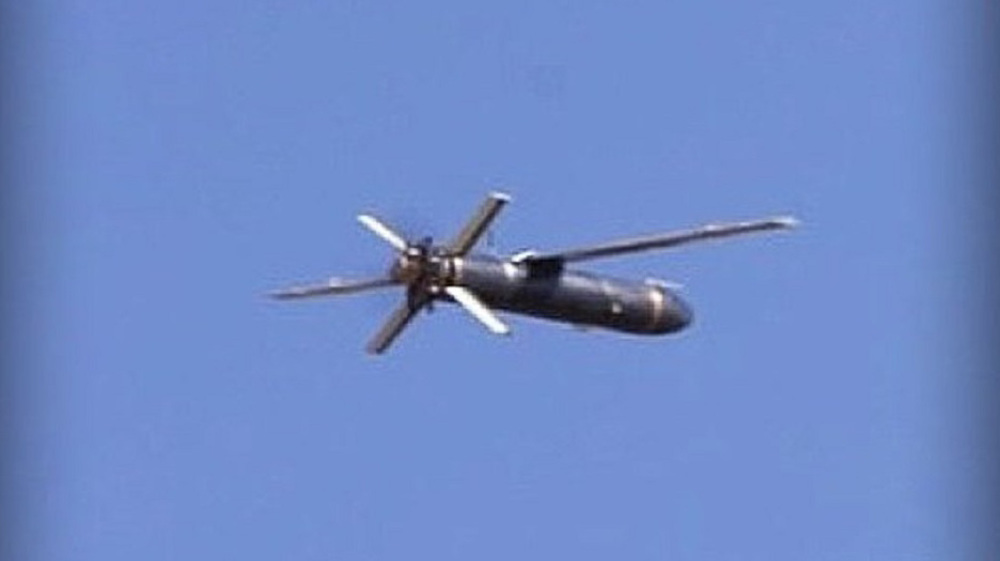Iran Develops “Sadid 365,” Result of Reverse-Engineering US-Made ATGM “Javelin
What's interesting about Iran's latest anti-tank guided missile, "Sadid 365," is that it is claimed to have been developed through reverse engineering from the American defense firms Raytheon (now known as RTX) and Lockheed Martin's anti-tank guided missile system, "Javelin."
(DEFENCE SECURITY ASIA) — In April, Iranian media reported the success of Iran’s Islamic Revolutionary Guard Corps (IRGC) in testing their latest anti-tank guided missile (ATGM) called “Sadid 365.”
What’s intriguing about this new Iranian anti-tank guided missile is that it is claimed to have been developed through reverse engineering from the American defense firms Raytheon (now known as RTX) and Lockheed Martin’s “Javelin” anti-tank guided missile system.
Previous reports have indicated that Russia had flown various Western weapon systems it had captured on the battlefield in Ukraine to Iran for research and reverse engineering by Iranian weapon scientists.
Western analysts claim that the “Sadid 365” anti-tank guided missile was likely developed by Iran through reverse engineering the “Javelin” anti-tank guided missile system it received from Russia.
The Head of Research at Iran’s Islamic Revolutionary Guard Corps Army, Ali Kouhestani, was quoted by the Tasnim news agency as saying that the “Sadid 365” anti-tank guided missile is capable of hitting targets up to 8 km away.

Iran claims that this new long-range anti-tank guided missile can destroy all armored assets.
“Sadid 365 is precision-guided and can engage the target in ‘top attack’ mode, penetrating the active defense system of the armored vehicle,” he stated.
In “top attack” mode, the guided missile, after launch, ascends to a certain altitude before descending to strike the top part of the armored vehicle’s turret, which is known to be the weakest part with the thinnest armor.
The “Javelin” anti-tank guided missile, widely used by Western armed forces, also utilizes a “top-attack” mode.
Throughout the past year, the United States, NATO, and several other countries have obtained evidence of Russia’s success in capturing various weapon systems such as the “Javelin” anti-tank guided missile and the “Stinger” Man-Portable Air Defense System (MANPADS).

Iran’s scientists’ expertise in developing indigenous variants through reverse engineering of Western-made weapons cannot be denied by Western countries themselves.
Among the successful locally-developed weapons by Iran through reverse engineering is the “Toophan” anti-tank guided missile, which was developed from the U.S.-made BGM-71 “Tow” anti-tank guided missile.
In 2011, the Iranian military also managed to capture a U.S. drone, the RQ-170 Sentinel, developed by Lockheed Martin, and reverse-engineered its system to produce a local variant called “Saegeh,” which was used for surveillance missions before being shot down in 2018.
Jonathan Lord, an expert at the Center for a New American Security, stated in a CNN report that Iran successfully reverse-engineered the “Tow” anti-tank guided missile and produced the “Toophan,” which is nearly identical to the original weapon.
Iran’s “Toophan” anti-tank guided missile system is now distributed worldwide, with Iran supplying it to allies and militant groups it supports. — DSA

DEFENCE SECURITY ASIA APPS
To advertise contact admin: haikalhamas73@gmail.com


Comments are closed.